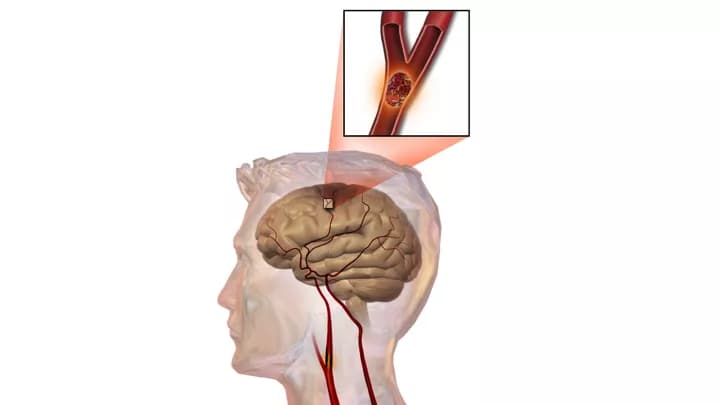
New Study Examines Full Range Of Post-Stroke Visual Impairments
A new University of Liverpool study, published today in Brain and Behaviour, examines the wide range of visual impairments developed by stroke survivors.
Approximately 65% of acute stroke survivors have visual impairment which typically relates to impaired central or peripheral vision, eye movement abnormalities, or visual perceptual defects.
Symptoms can include blurred or altered vision, double or jumbled vision, loss of visual field, reading difficulty, inability to recognize familiar objects or people and glare.
Post stroke visual impairment (PSVI) is currently an under researched area. However the full range of impairments is currently unknown.
915 post-stroke patients
In order to profile the full range of visual disorders researchers from the University's Department of Health Services Research, led by Dr Fiona Rowe, examined the visual impairment screening/referral forms from 915 post-stroke patients from 20 NHS hospital trusts.
The researchers found that the average number of days post-stroke onset before a visual assessment was conducted was 22.
Once assessed 92% were confirmed to have a visual impairment, of these:
- 24% had reduced clarity of vision (central visual acuity)
- 16% percent of those with a visual impairment had developed a squint (strabismus)
- 68% had impairments to the way their eye or eyes moved (ocular motility disorders)
- Peripheral visual field loss was present in 52%
- 15% had developed a condition causing them to ignore everything on one side of their visual world. The condition, known as visual inattention, usually affects people who have had a right sided stroke and they ignore things on their left side
Overall 84% were visually symptomatic with visual field loss the most common complaint followed by blurred vision, reading difficulty, and diplopia.
Wide range of disorders
Treatment options were provided to all with confirmed visual impairment. Targeted advice was most commonly provided along with refraction, prisms, and occlusion.
Of the research Dr Rowe, said: "There are a wide range of visual disorders that occur following stroke and, frequently, with visual symptoms. There are equally a wide variety of treatment options available for these individuals.
"Our research highlights the fact that ALL stroke survivors require early screening for visual impairment and warrant referral for specialist assessment and targeted treatment specific to the type of visual impairment."
Materials provided by University of Liverpool. Note: Content may be edited for style and length.
Disclaimer: DoveMed is not responsible for the accuracy of the adapted version of news releases posted to DoveMed by contributing universities and institutions.
References:
Fiona J. Rowe. (2017). Vision In Stroke cohort: Profile overview of visual impairment. Brain and Behavior. DOI: 10.1002/brb3.771
Related Articles
Test Your Knowledge
Asked by users
Related Centers
Related Specialties
Related Physicians
Related Procedures
Related Resources
Join DoveHubs
and connect with fellow professionals

0 Comments
Please log in to post a comment.